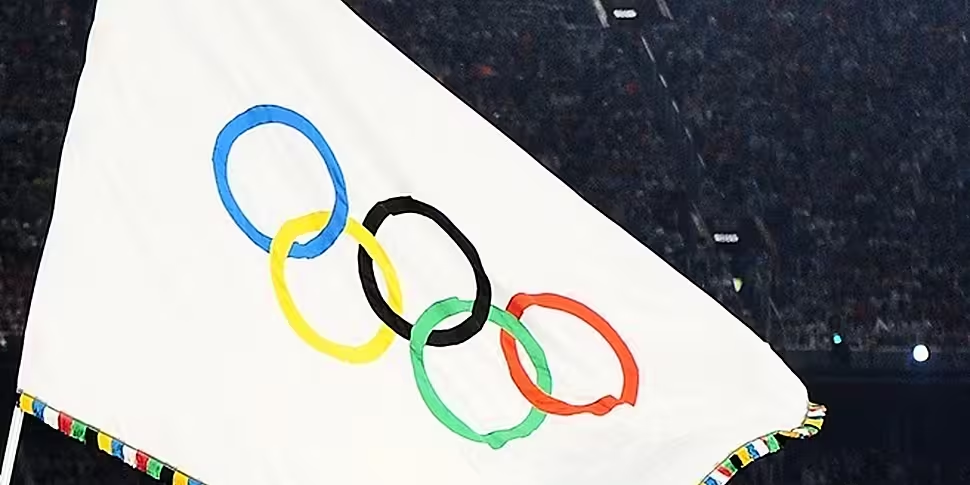Deciding to have "a little summer fun" – or the economist's idea of it anyway – multinational banking firm Goldman Sachs has decided to focus its powers of analysis on the upcoming Olympic Games, which get underway in Rio de Janeiro on Saturday August 6th.
It begins its latest report making a few educated predictions when it comes to each nation's medal haul.
According to the "fun findings", the US and China will (unsurprisingly) dominate the podium, picking up 45 and 36 gold medals respectively.
As for Ireland, we're nailed on for just one gold, but five medals overall.
It's good news for Brazil in that regard, as Goldman Sachs' model predicts a 30% boost to the country's overall medal tally relative to 2012, and a boost of over 50% to its gold prospects, bringing Brazil's total to a record 22.
When the analysts turn then to the economics of the matter, however, Brazil isn't going to fare so well.
Much has already been written of the calamitous run-up to Rio 2016.
Perhaps Brazilian sports economics professor Luiz Martin de Melo summed it up in April when he told the Guardian:
"The party will be great. The legacy for the city will be garbage.”
Now Alberto Ramos, co-head of Latin America economic research at Goldman Sachs, has delivered the verdict that hosting the Games will not pay off in the long-run for the country as a whole.
While the money pumped into infrastructure and related logistics for the Summer Olympic and Paralympic Games, as well as the 2014 World Cup, have been substantial, the investment has been too small to lift an ailing, large economy.
Looking at the costs, Ramos writes:
"The first is the (operating) cost to actually run the event. This is estimated, according to official sources, at under R$8bn (US$2.4bn) and will be 100% sourced/funded by the private sector, including sponsors.
"The second bucket includes investment/expenses related to sports facilities and other projects that would not have been undertaken if Rio had not hosted the event.
"These investments are officially estimated to exceed R$7bn (US$2.1bn), of which roughly 60% will be funded by the private sector. The third bucket includes projects that either anticipate or increase federal, state and municipal investments in infrastructure and public policy programs (e.g., expansion of subway lines).
"The goal is to increase the number of people benefitted by the Games.
"Many of these investments have been funded through public-private partnerships (PPPs) and are estimated by government sources to reach approximately R$25bn (US$7.6bn) with roughly 40% of the cost funded by private sector sources."
"Overall," Ramos concludes, "we believe the World Cup and Olympics related investment was just too small to generate a significant economic dividend/impulse given the sheer size of the economy (≈ US$1.8 trillion).
"Furthermore, due to a number of large macroeconomic imbalances that have grown and permeated the economy and the severe drop in confidence indicators, total investment spending has actually been contracting uninterruptedly for 2.5 years."









